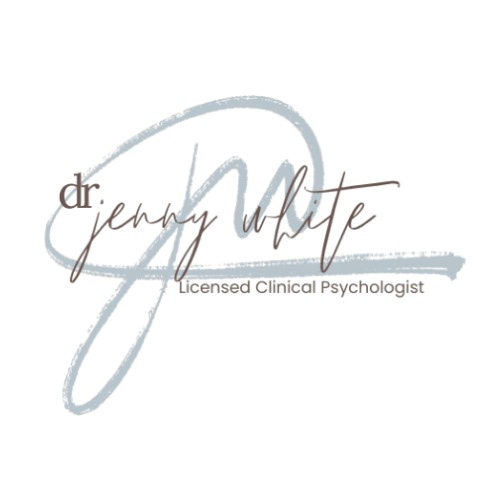Pain Is Inevitable, Suffering is Optional
If you are human, you are going to experience pain. It might be physical or it might be emotional or even psychological. But the basic truth is that we all experience it at some time or another.
Understanding the Difference: Pain vs. Suffering
In addition to pain, many of us experience suffering. While often used interchangeably, suffering is more complex and can be thought of a bit differently. Think of suffering as the emotional burden that seems to come with some types of pain. Suffering is more of the subjective experience of pain and can vary in intensity based on various aspects of your personal context.
These two things, pain and suffering, seem to go together and the assumption is, that if you have one, you will have the other.
What if I told you that this doesn’t necessarily have to be true? What if you could build skills and learn to reduce suffering despite the pain?
How Avoidance Can Amplify Suffering
As human beings, generally we are wired to minimize pain and maximize pleasure. With physical and emotional pain, we often do this through avoidance.
Consider all the ways people tend to avoid things that make them uncomfortable. The list you generate probably includes all kinds of ways to distract from negative or unpleasant thoughts, such as watching TV, immersing yourself in work, changing the subject during a conversation, or listening to music/a podcast/etc.
Another way people avoid pain and discomfort is through substance use, either recreationally or through the use of prescription medications. At other times, someone may just avoid an experience altogether, such as saying no to a social gathering in order to avoid experiencing social discomfort.
The Cost of Avoiding Discomfort in Your Life
Unfortunately, avoiding things that cause discomfort also usually means missing out on things that could provide enjoyment or pleasure.
Why Numbing Pain Reduces Life’s Joy
Consider the example of saying no to a social event, if you do that, you miss out on the opportunity to create or nourish meaningful relationships in your life that can provide all sorts of benefits. Or by using substances to numb the unwanted feelings, you are usually just delaying the experience of them until another time. The distraction does not eliminate the discomfort it just suppresses it until the next time you are faced with a similar situation or triggering event. Numbing also means you cannot be fully present to experience what might otherwise be a really fun moment to create a memory.
There is a great TedTalk by Brene Brown that I love to share with folks where she speaks about The Power of Vulnerability. In this talk, she expands on the idea that you cannot selectively numb pain. So, if you're trying to numb discomfort you are also inadvertently numbing joy.
The message here: avoidance means missing out, often on things that would otherwise be really important to you. And that is where suffering comes in. We have the pain that leads to avoidance with the hope that we won’t feel pain or suffering. However, the real outcome is we delay the pain and in the meantime suffer by missing out on what matters most.
So what can be done instead?
Steps to Reduce Suffering and Live Fully
The counterbalance to avoidance is being able to tolerate the pain enough to do the things you want to do. That involves first figuring out what is important to you and what you would want to do more of if your anxiety/depression/etc weren’t holding you back.
Reflection Exercise: What Would Change Without Your Pain?
That idea is actually a really great reflection exercise. Spend a few minutes today considering the following prompt:
If I weren’t so [anxious/depressed/angry/insecure] then I would [have more fulfilling relationships/put myself out there for a new job/spend more time with my children].
Seeking Support to Overcome Suffering
If you need help figuring out what is truly most important to you or want to learn more about processes you can practice to create a more fulfilling life - it may be helpful to carve out time to do that with a therapist. If you’re up for the challenge - let me know!
Summary/TL;DR
If you're struggling to separate the pain you feel from the suffering it brings, you aren’t alone. Understanding the distinction can help you build resilience and focus on what matters most, even in difficult moments. Learning to tolerate discomfort is a key part of living fully, rather than letting avoidance hold you back. Need guidance to tackle this issue? For more personalized support, check out my workplace stress therapy page and explore strategies to manage discomfort and embrace life’s moments.






